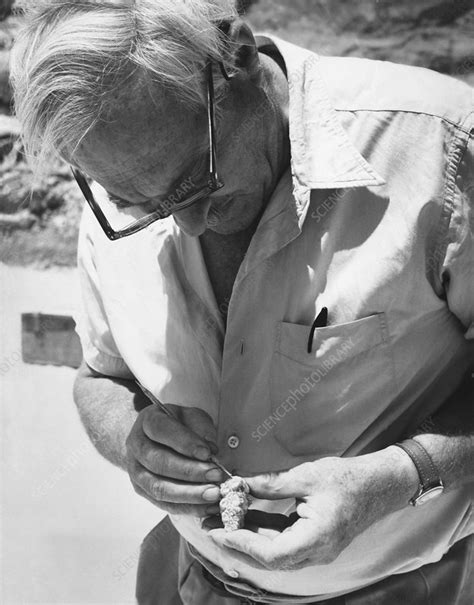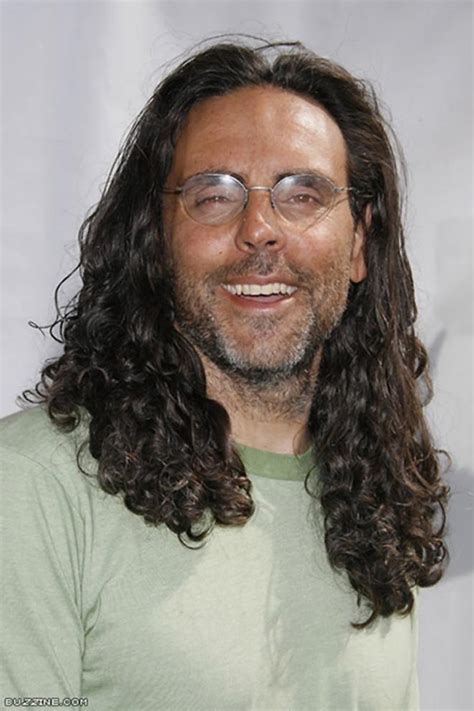A Quote by Neale Donald Walsch
Even a casual observer can see that not one of the systems, institutions, and devices that our species has put into place on this planet to "create a better life for all" is functioning in a way that generates that outcome.
Related Quotes
Commercial institutions, proud of their achievements, do not see that healthy living systems - clean air and water, healthy soil, stable climates - are integral to a functioning economy. As our living systems deteriorate, traditional forecasting and business economics become the equivalent of house rules on a sinking cruise ship.
Creativity can replace conformity as the primary mode of social being. . . . We can cling to that which is passing, or has already passed, or we can remain accessible to-even surrender to-the creative process, without insisting that we know in advance the ultimate outcome for us, our institutions, or our planet. To accept this challenge is to cherish freedom, to embrace life, and to find meaning.
A living system continually re-creates itself. But how this occurs in social systems such as global institutions depends on our level of awareness, both individually and collectively... As long as our thinking is governed by industrial, "machine age" metaphors such as control, predicatbility, and "faster is better", we will continue to re-create institutions as we have, despite their increasing disharmony with the larger world.
A somewhat casual observer from outer space might well deduce that the course of evolution in this planet had produced a species of large four-wheeled bugs with detachable brains; peculiar animals which rested when they sent their brains away from them but performed in rather predictable manner when their brains were recalled.
We find ourselves ethically destitute just when, for the first time, we are faced with ultimacy, the irreversible closing down of the earth's functioning in its major life systems. Our ethical traditions know how to deal with suicide, homicide and even genocide, but these traditions collapse entirely when confronted with biocide, the killing of the life systems of the earth, and geocide, the devastation of the earth itself.
To create a world in which life can flourish and prosper we must replace the values and institutions of capitalism with values and institutions that honor life, serve life's needs, and restore money to its proper role as servant. I believe we are in fact being called to take a step to a new level of species consciousness and function.
The poverty we see in America is now too widespread, and too complex, for easy fixes. But I do think we can reimagine many of our institutions and can create new ones in ways that would be effective. We could, for example, create social insurance systems, similar to social security, such as that we went through in 2008-9. We could create a financial transaction tax, oil profit taxes and a fairer estate tax system, and we could plow much of the revenue raised from these into job training programs, into better education infrastructure, into an expanded Earned Income Tax Credit.
We're a young species; We're only 175,000 years old. On the evolutionary scale, life on this planet is 4 billion years old. We're 175,000 years old. So we're trying something out. Who wouldn't think it would be better to have the most stuff to take as much as you could? As we do that, we see why the moral prophets come along and say, don't even store into barns, right? It's easier for a camel to pass through the eye of the needle than a rich man to enter the kingdom of heaven. We've seen we plunder nature. We plunder our neighbor. We create enemies because we're against each other.
A belief, however necessary it may be for the preservation of a species, has nothing to do with truth. The falseness of a judgment is not for us necessarily an objection to a judgment. The question is to what extent it is life-promoting, life-preserving, species preserving, perhaps even species cultivating. To recognize untruth as a condition of life--that certainly means resisting accustomed value feelings in a dangerous way; and a philosophy that risks this would by that token alone place itself beyond good and evil.



































